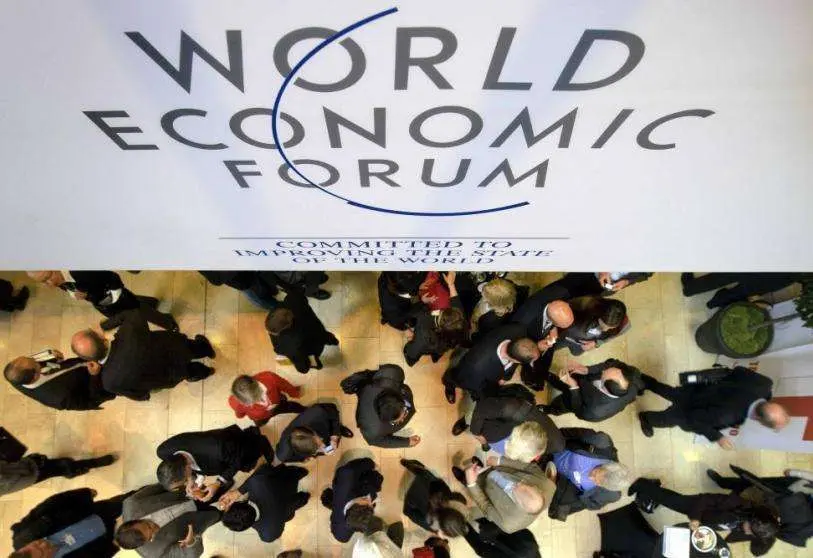The World Economic Forum in Davos kicks off under pessimism

The World Economic Forum in Davos, which is always eagerly awaited, began its sessions in an atmosphere of pessimism that was not evident in previous editions. Although their arguments were not always similar, the first speakers, the economic historians Adam Tooze and Niall Ferguson, agreed that the geopolitical and economic situation has worsened with Russia's aggression in Ukraine and the war that has been unleashed, which has generated global tension, the tarnishing of relations between countries and peoples and a serious economic setback.
Globalisation, which had been at the centre of the most promising prospects, is beginning to be recognised as having broken down. The always respectable The Economist anticipated this with a rather definitive sentence: "The new logic threatens globalisation". It shows how in a short time the world has become divided and there have been ruptures in relations between some countries affecting various aspects of the world economy with the emergence of protectionism which had been on the wane. The United States has even been accused of "abandoning the rules of the game" and increasing domestic competition.
"Globalisation under siege", headlines The Washington Post. The cooperation on which globalisation is based has been reduced in a world that is becoming more fragmented by the day. Most of the scheduled participants, including some of the best experts in geopolitical and geo-economic analysis, have yet to speak at the Forum. But the impression given by the international media is that rather than talk of a post-crisis, after the devastating effects of the pandemic, the outlook is for a permanent crisis.
We will have to wait for the prescriptions that will be put forward in the coming days. The only optimistic conclusion that has been heard with a fair degree of agreement is that the feared risk of a global recession is not justified. The recovery of globalisation, starting with the preservation of the remnants of its rupture, is the great challenge now. It was to some extent the same as ten years ago when we were trying to emerge from the crisis that had existed for four years.
The Ukrainian-Russian war is perhaps the trigger for the current situation, of course. But there are others, such as the effects of climate change, the difficult relationship between the two superpowers, the United States and China, the inequality that exists between countries, which is accentuated when one looks at the situation in sub-Saharan Africa. Among the participants - 50 heads of state or government, 56 Finance Ministers and 19 Central Bank Governors - this year's Forum has seen a significant increase in African representation, and not only politicians, but also economists and intellectuals of a new generation that is beginning to stand out for its high level.

